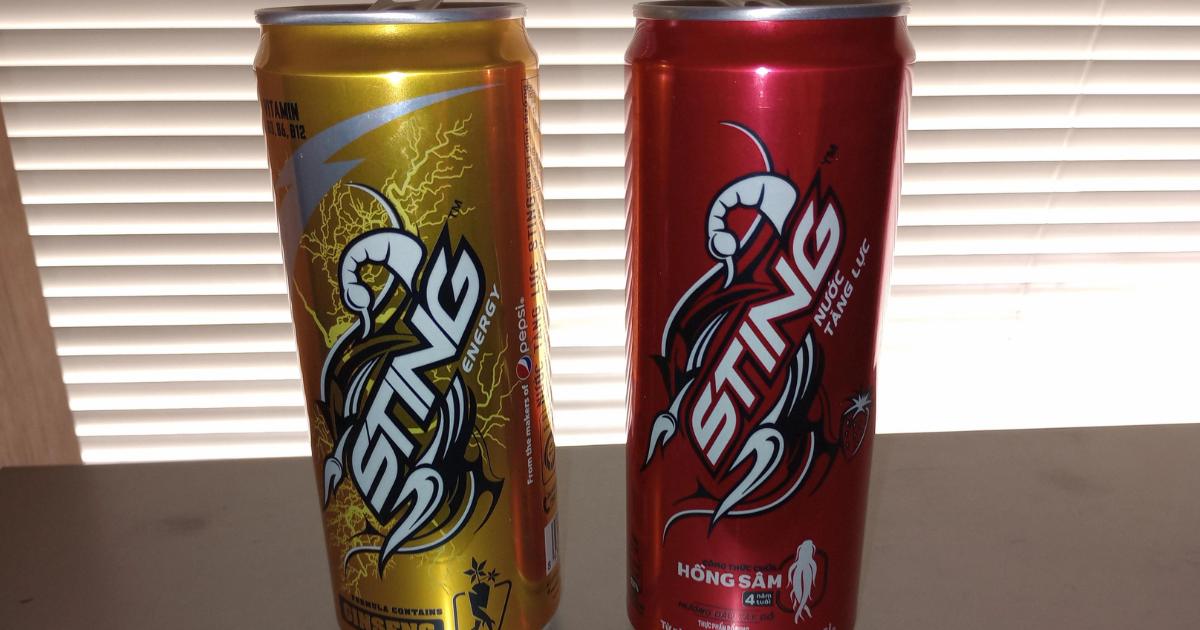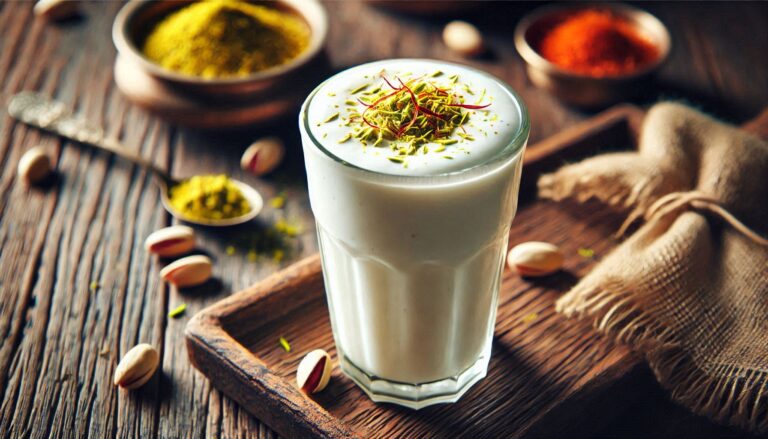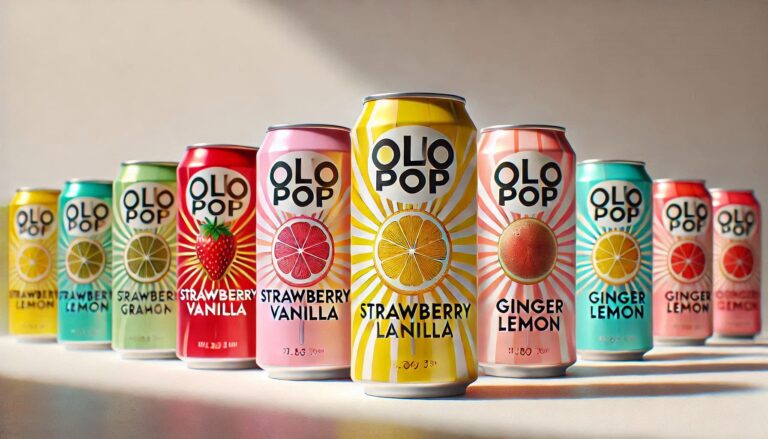Sting Energy Drink Side Effects: What to Know Before You Take a Sip
Sting energy drink can give you a quick boost when you’re feeling tired, but is it safe to drink every day? With its high caffeine and sugar content, Sting is popular among people who need an energy kick. However, it also has some side effects that you should know about. Let’s look at the main side effects of Sting energy drink and find out if it’s the right choice for you.
Sting Energy Drink and Its Ingredients
Sting is an energy drink that promises to help you feel more alert and less tired. It’s made by PepsiCo and is popular in many Asian countries. The main ingredients in Sting are:
- Caffeine: This is what gives you energy and keeps you awake.
- Sugar: Sugar makes the drink sweet and gives a quick energy lift.
- B Vitamins: These vitamins help turn food into energy in your body.
- Carbonated Water and Flavors: These give the drink a fizzy and refreshing taste.
These ingredients help provide a quick energy boost, but they also have some downsides, especially when consumed in large amounts.
Read more: Does Strawberry Fanta Have Caffeine? Your Ultimate Guide
Does Red Bull Energy Drink Contain Alcohol?
High Caffeine Levels: Boosting Energy but Adding Risks
Caffeine is the key ingredient that gives Sting its energy-boosting effect. While caffeine can make you feel more awake and alert, too much can lead to problems. Sting has a higher amount of caffeine than a regular soda, and this can cause side effects like:
- Fast Heartbeat
- Nervousness
- Headaches
If you drink Sting often, you might get used to the caffeine and find it harder to feel awake without it. For some people, high caffeine can also increase the risk of heart issues over time.
Impact on Heart Health and Blood Pressure
Both the caffeine and sugar in Sting can affect your heart health. Caffeine can raise your blood pressure, which is the force of your blood moving through your body. If you already have high blood pressure, this could make it worse.
High sugar levels can also harm your heart over time. The sugar in Sting can cause your blood sugar to spike, which might lead to health problems later. If you already have heart or blood pressure issues, it’s best to avoid drinking Sting often.
Digestive Issues: Acidity and Upset Stomach Concerns
The mix of caffeine, sugar, and carbonation in Sting can be hard on your stomach. Some people feel a burning sensation, called acid reflux, after drinking it. Others may feel bloated or have a stomach ache. Sting’s caffeine can also make your stomach produce more acid, which can cause:
- Heartburn
- Indigestion
- Stomach Pain
If you often have stomach problems, you might feel worse after drinking Sting.
Sleep Disturbances and Insomnia
Sting is made to keep you awake, which is useful during the day but can cause problems at night. Caffeine blocks sleep chemicals in your body, making it harder to fall asleep. The effects of caffeine can last several hours, so even if you drink Sting in the afternoon, it might still make it hard to sleep at night.
Drinking Sting too often can lead to:
- Trouble Falling Asleep
- Waking Up During the Night
- Feeling Tired the Next Day
If you’re having trouble sleeping, Sting could be part of the problem.
Sugar Content and Its Health Effects
Sting is high in sugar, which can quickly boost your energy but also comes with some health concerns. Sugar can make your blood sugar levels go up and down quickly, causing a “sugar crash” afterward. Drinking sugary drinks like Sting too often can cause:
- Weight Gain
- Risk of Diabetes
- Tooth Problems
Just one can of Sting has more sugar than the daily amount recommended by health experts. If you are watching your sugar intake, it’s best to drink Sting less often.
Potential for Dependency and Caffeine Withdrawal
The caffeine in Sting can make you feel like you need it every day. If you rely on it too much, you may get used to the caffeine, and cutting back can be hard. People who drink caffeine daily may experience withdrawal symptoms like:
- Headaches
- Irritability
- Tiredness
It’s easy to start depending on caffeine, but too much of it is not good for long-term health.
Effects on Mental Health: Anxiety and Jitters
High caffeine levels can make some people feel anxious or on edge. If you’re prone to stress, caffeine can increase your stress hormones and make you feel jumpy. Sting may also lead to:
- Shakiness
- Nervousness
- Irritability
If you already feel anxious or stressed, Sting might make it worse.
Risk of Dehydration and Nutrient Loss
Caffeine is a diuretic, meaning it makes you urinate more. This can cause dehydration, especially if you’re not drinking enough water. Dehydration can lead to problems like:
- Headaches
- Low Energy
- Dry Skin
When you lose water, you also lose important minerals that your body needs. If you choose to drink Sting, remember to drink water along with it to stay hydrated.
Who Should Avoid Sting Energy Drink?
Sting energy drink might not be a good choice for everyone. People who should avoid Sting include:
- People with Heart Problems
- People with High Blood Pressure
- People Who Get Nervous Easily
- People with Stomach Issues
- Children and Teens
If you’re unsure if it’s safe for you, talk to a doctor first.
Safer Alternatives to Sting for Boosting Energy
If you’re looking for a safer way to boost your energy, try these options:
- Green Tea: Contains some caffeine but is lower than Sting.
- Fresh Fruit Juices: Natural sugars provide energy, and they come with vitamins.
- Herbal Drinks: Some herbal drinks give energy without caffeine or sugar.
These options can help you feel more energized without the risks associated with Sting.
Conclusion: Should You Drink Sting or Not?
Sting energy drink can give you a quick lift in energy, but it also has a lot of side effects. From high caffeine and sugar levels to impacts on heart health, sleep, and mental well-being, it’s important to think about these risks before drinking it regularly. If you’re looking for safer ways to stay alert and energized, there are other options available.
In the end, it’s up to you to decide if the benefits are worth the potential downsides. If you have any health concerns, it’s always best to speak with a doctor.






